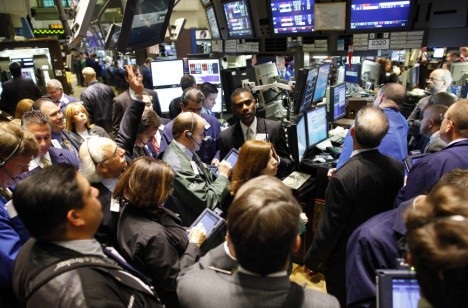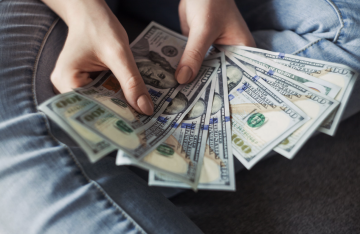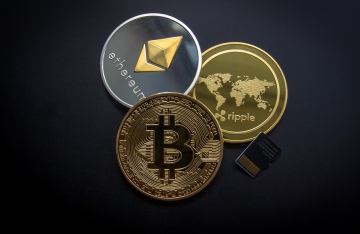We have heard quite often that greed is bad. But if we want the biggest payoffs, we need to try the best opportunities in the market. It is acceptable to be ambitious, but it is possible for greed to cloud our judgments. This could force us to take unnecessary risks. We could be forced into a situation that we don’t want to get involved in.
It could cause us to squander our success. Other emotions, like fear can also plague traders; but greed is probably the worst. While fear could prevent us from taking necessary risks, greed may force us to do something when should do nothing.
Many of us want to be successful, but there’s a point where things become a little bit unhealthy. We should be able to determine the appropriate point when we start to have excessive desires.

We should know where these emotions come from. During trading, there are multiple representations of greed. Overstay happens when traders hold investments for too long, probably due to greed or fear; or even both. Emotional influences can cause traders to overstay their positions. Early success could be among the most disastrous things that can happen to traders. This may cause the feeling of invulnerability to kick in. People may start to believe that they are excellent traders who are able to predict precisely how the entire market operates.
We will try harder to profess how wonderful we are at trading. Early success could be caused by pure luck, but new traders may not know that. As new traders want to repeat their previous success, overstay is more likely to happen. Market timing is difficult to determine and it requires plenty of experience. Making profit can be difficult if we get in too early or exit too late.
This is particularly true when we consider that we have limited capital. The greed of making more and the fear of missing out are dangerous for traders. They could cause us to ignore warning signs in trading, especially if we want to make a profit.
We should monitor our own internal dialogue and observe when greed does the talking. We could be greedy when we start to fantasizes the amount of money we have if the current trade reaches X amount. In this case, we will have the urge to leave the money on the table and wait a little bit more. Greed should come with an especially large label, because fear is actually easier to manage. Greed may disguise itself as patience or logic. However, it may prevent us from abandoning a failing trade.
Greed could also cause us to chase the market. This happens when we enter the market and insist on trading when the trend is already established. New traders could be unaware that they have been chasing the market due to lack of experience and greed. This is an irrational type of investing and could be based more on pure emotion, instead of detailed analysis on investment values
Sunday 24 November 2024




